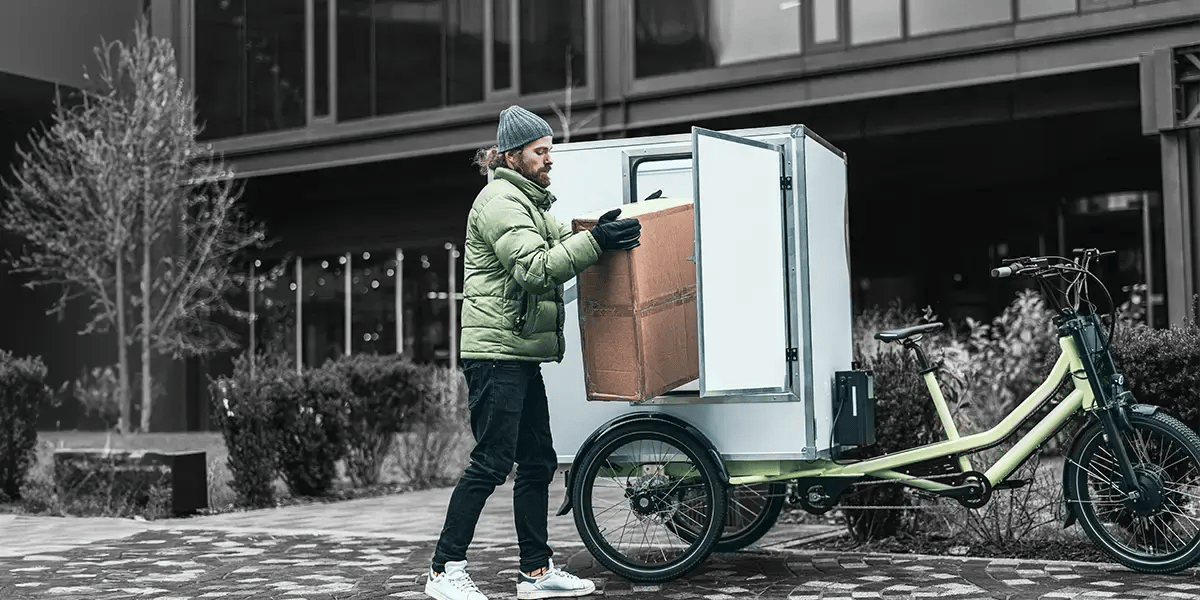
Most shoppers today say they prefer to buy from sustainable retailers. For ecommerce and omnichannel retailers, minimizing last mile emissions is now a priority.
Today’s shoppers aren’t the only ones who want to see businesses become more sustainable. Regulators are also keeping close tabs on carbon emissions across the retail industry. Tracking emissions levels is at the heart of positive change and managing increasingly complex reporting requirements.
Without such information, retailers cannot assess whether their strategies are making a meaningful impact, show their progress to customers, or fulfill reporting requirements, such as the Corporate Social Responsibility Directive (CSRD).
How can retailers form a more sustainable shipping strategy?
[Snippet] Having an efficient environmental impact is a must for sustainable retailers. These four steps can help them cut carbon emissions in the supply chain.
1: Measure your emissions
Any attempts to lower carbon emissions in the supply chain must be informed by real data. Before deciding how to become more sustainable, retailers and warehouses must have a clear handle on the status quo. This means tracking carbon emissions across the business.
2: Create emissions reduction strategies
Once they are aware of their current level of emissions, retailers can set a clear reduction target. Ideas to meet that target could include offering a more sustainable range of delivery options at checkout.
3: Review progress in reducing last-mile emissions
It’s crucial to check that emissions reduction strategies are delivering. Tracking carbon emissions provides evidence that plans are working and delivering last-mile sustainability. Where they are not, retailers can take stock of what is going wrong and evolve their strategies.
4: Share the success of your last mile sustainability
As the strategies begin to bear fruit, retailers can share the good news with their customers, who overwhelmingly want to shop sustainably. The latest technologies for tracking emissions and real emissions reduction data can help retailers easily compile corporate sustainability reports and also share their progress with customers.
How nShift can help with emissions tracking
Later this year, nShift will launch Emissions Tracker, which will help ecommerce companies and warehouses calculate, record, and analyze last mile delivery emissions. It enables companies to comply with environmental reporting requirements and helps them pinpoint opportunities for emissions reduction.
The solution enables businesses to make data-driven decisions about sustainable shipping and more easily prove their improvements to stakeholders and customers.
Register your interest in nShift Emissions Tracker.
About the author





